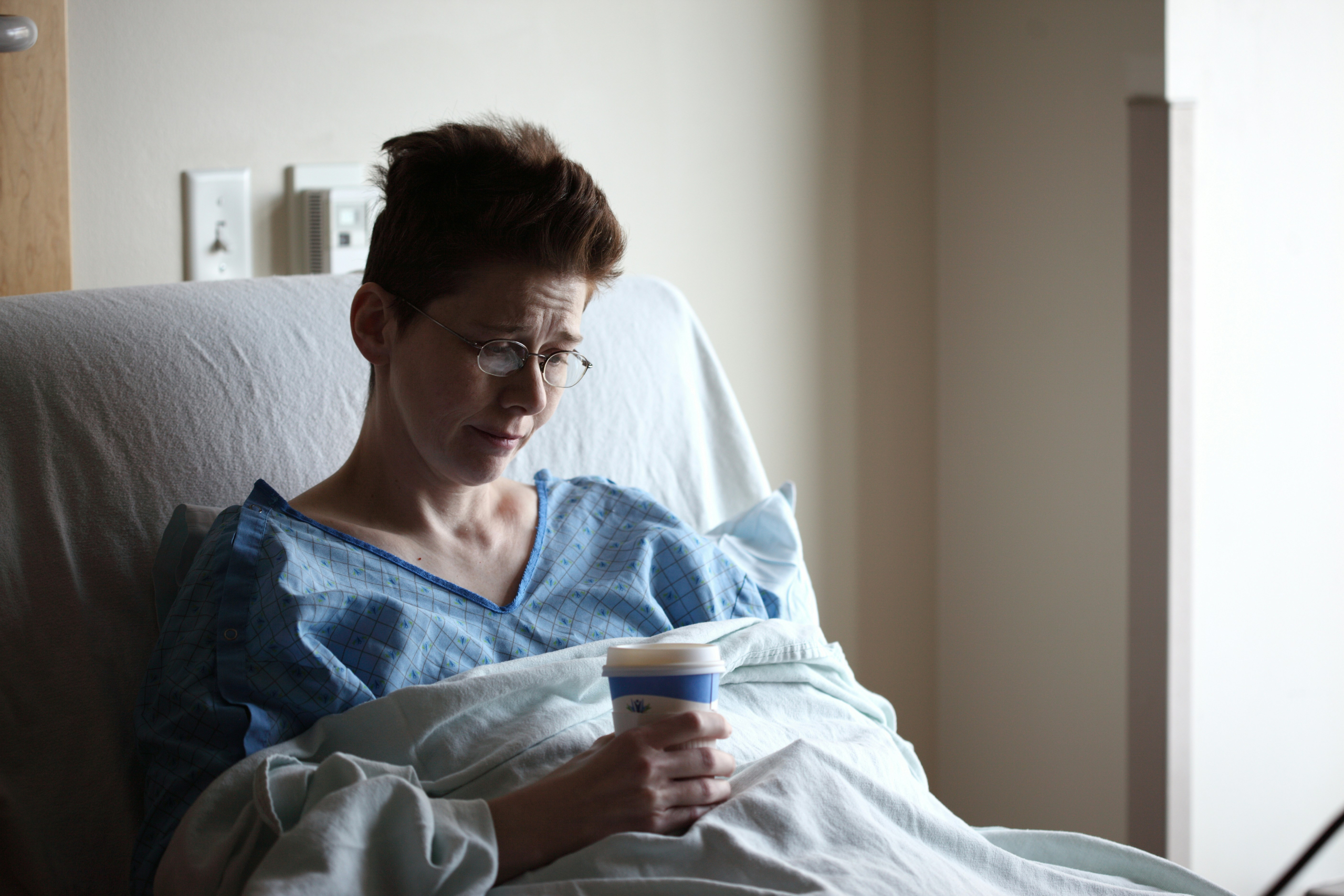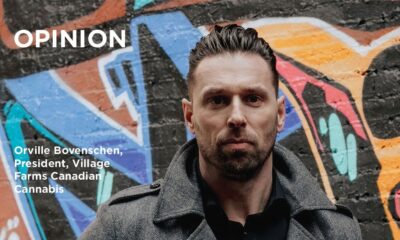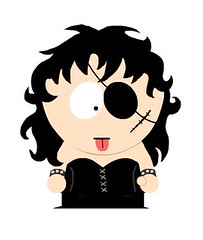In 1984, my grandfather took his last breath and shuffled off this mortal coil after a nasty bout with cancer.
I was only 13 at the time, and probably didn’t fully understand the pain he was in. Not just physically, but mentally, too. He always put on a brave face, but the depression he battled must have been brutal, and likely contributed to the degradation of his immune system – which was already compromised as a result of the cancer. After all, today, we know that cancer patients battling depression are at increased risk of mortality compared with non-depressed patients. Which is why researchers are always looking for new ways to help cancer patients effectively treat their depression.
One new treatment, which shows tremendous promise, comes from a psychedelic compound that many High Times readers are familiar with: psilocybin.
Mushrooms Are Medicine
Back in 1989, had you told me that the mushrooms I was about to eat could potentially help treat depression, I would’ve just shrugged my shoulders. Like most 18-year-olds, I was just looking to have some fun.
I had heard so many amazing stories about mushrooms, and I was excited to experience the magical hallucinations and a voyage into a world of magic and fascination. Indeed, my first experience with mushrooms was a positive one. Although I really had no idea just how powerful a small piece of this dried fungus would be, and how, over the years, it would serve as an important tool in battling some of my own personal mental health struggles. Make no mistake: mushrooms are medicine.
The truth is, psilocybin can be used as a potential treatment for a variety of illnesses and diseases. And in these pages, I’ll share all the wonderful ways mushrooms can heal us, mentally, emotionally and physically.
To be sure, this is not just me waxing poetic about my own experiences and random anecdotal evidence. As an investigative researcher, my analysis is always guided by science and data. And my intention is to share this science and data with you, as it pertains to the subject matter High Times is known for. This is why I’m now sharing with you a fascinating study that was recently published in the journal Cancer.
According to the results of a recent clinical trial conducted by researchers in Rockville, MD, a single dose of psilocybin, coupled with talk therapy, has the potential to relieve depression in cancer patients for up to two years.
As reported by lead author of the study, Dr. Manish Agrawal, 53.6% of the patients involved in the study demonstrated significant reduction in depression, and 50% had sustained depression reduction. As well, 46.4% of the study’s participants experienced significant reduction in anxiety with 42.9% having sustained anxiety reduction.
Here’s what Dr. Agrawal had to say about the results …
One dose of psilocybin with psychological support to treat depression has a long-term positive impact on relieving depression for as much as 2 years for a substantial portion of patients with cancer, and we’re exploring whether repeating the treatment resolves depression for more than half of the patients. If randomized testing shows similar results, this could lead to greater use of psilocybin to treat depression in patients with cancer.
If you’re a data geek like me, you can access the results of this study here.
Of course, this isn’t the first study we’ve seen where psilocybin has been used to treat depression. There’s actually been around 40 clinical trials focused on using psilocybin as a treatment for depression, and even more in pre-clinical phases.
The largest ever conducted was published in the New England Journal of Medicine in 2022. It was a multicenter clinical trial led by COMPASS Pathways that spanned across 22 international sites in 10 different countries.
According to the good folks at King’s College London, which took part in the study, researchers found that a 25mg dose of psilocybin, alongside psychological support, had a significant impact in reducing symptoms of depression in participants with treatment-resistant depression (TRD).
The World Health Organization (WHO) estimates that more than 280 million people across the globe suffer from depression. And about 100 million of those people suffer from TRD. To clarify, patients that have been unable to respond to at least two antidepression treatments are considered to have TRD. So as you can imagine, if psilocybin can prove to be an effective treatment for those suffering from depression or TRD, this could be a major mental health breakthrough.
Multiple clinical trials are still underway, and of course, we’ll keep you posted as new results are verified and published.
Photo by Alexander Grey on Unsplash

 California Cannabis Updates1 year ago
California Cannabis Updates1 year ago
 Breaking News1 year ago
Breaking News1 year ago
 best list12 months ago
best list12 months ago
 Business10 months ago
Business10 months ago
 Bay Smokes1 year ago
Bay Smokes1 year ago
 cbd1 year ago
cbd1 year ago
 autoflower seeds10 months ago
autoflower seeds10 months ago
 California1 year ago
California1 year ago










































